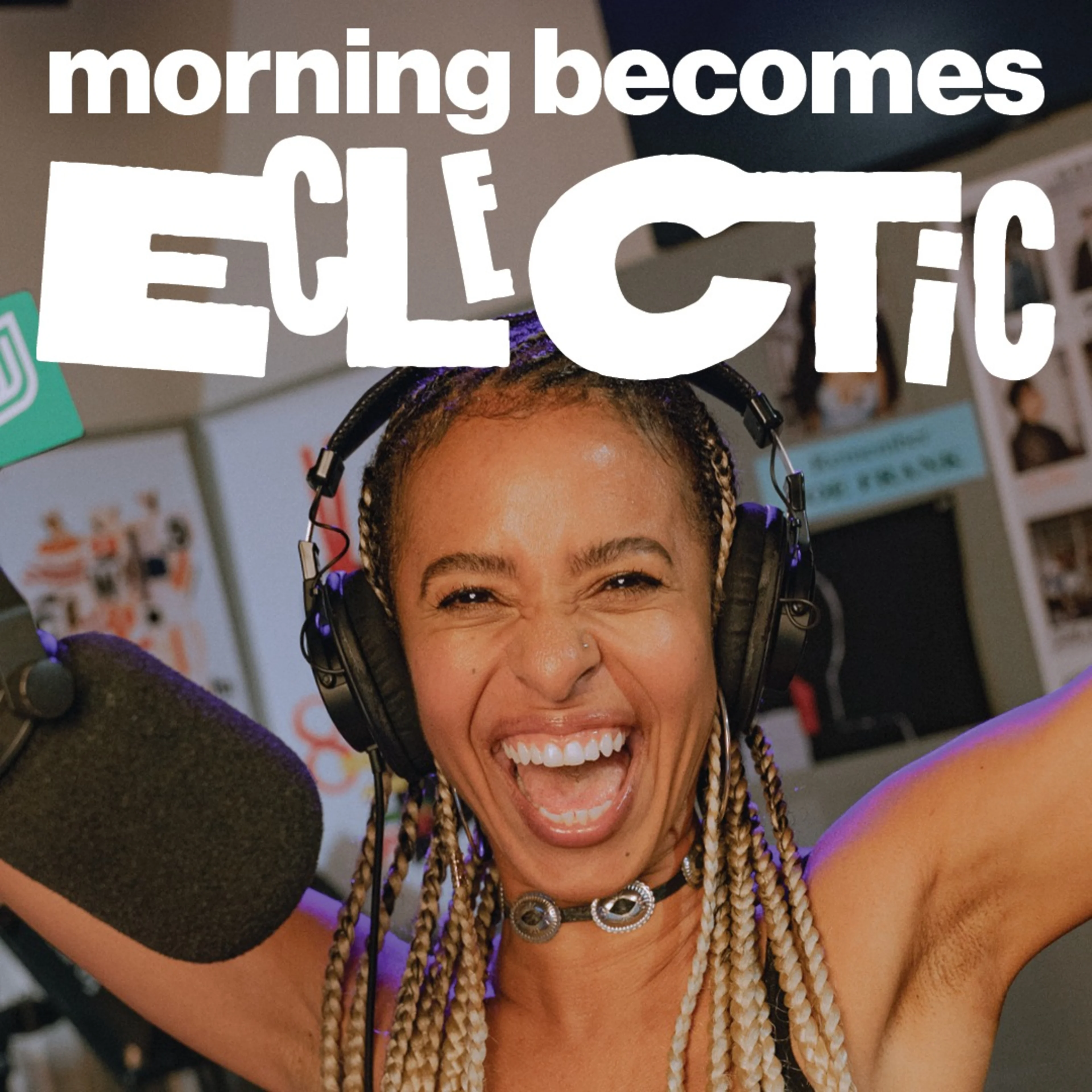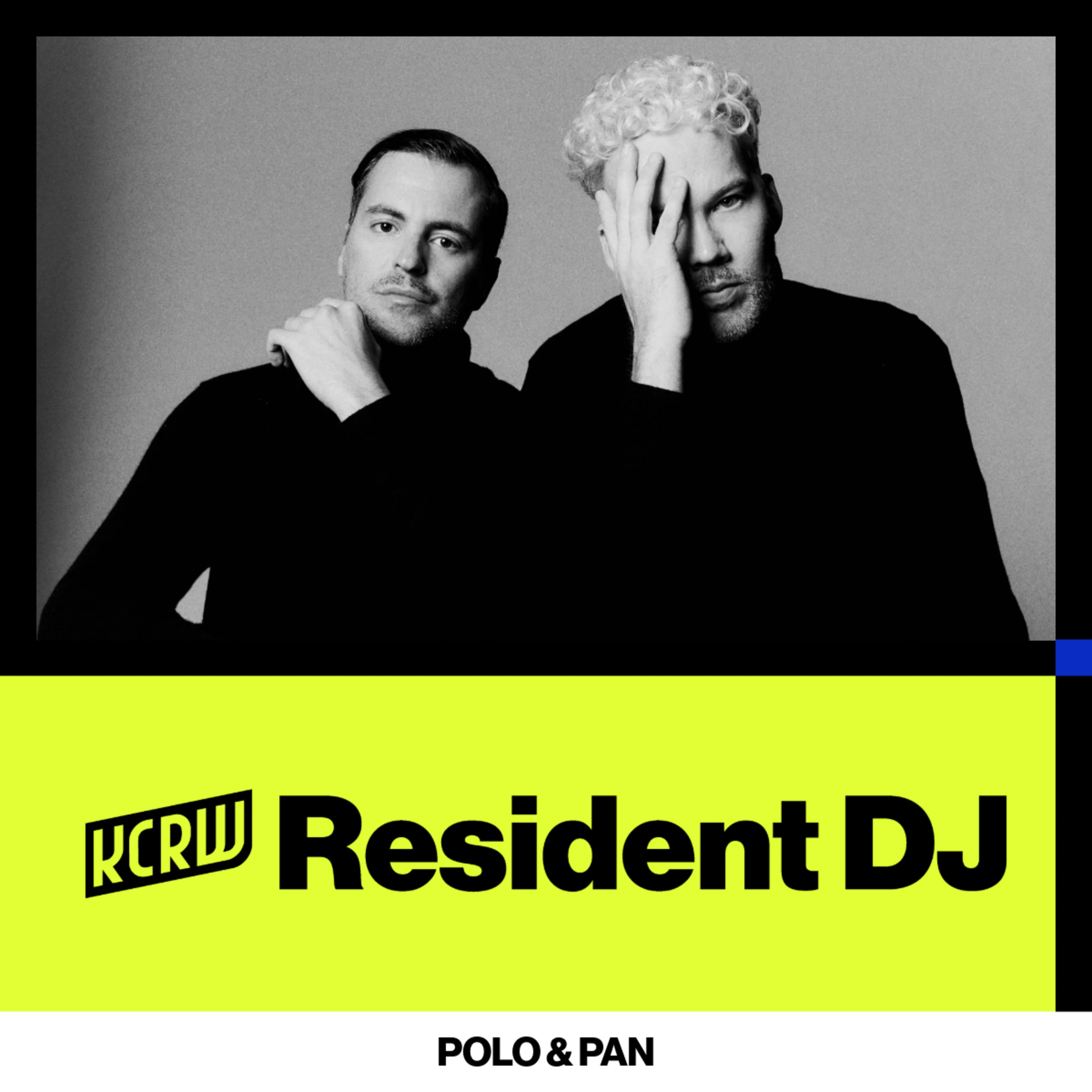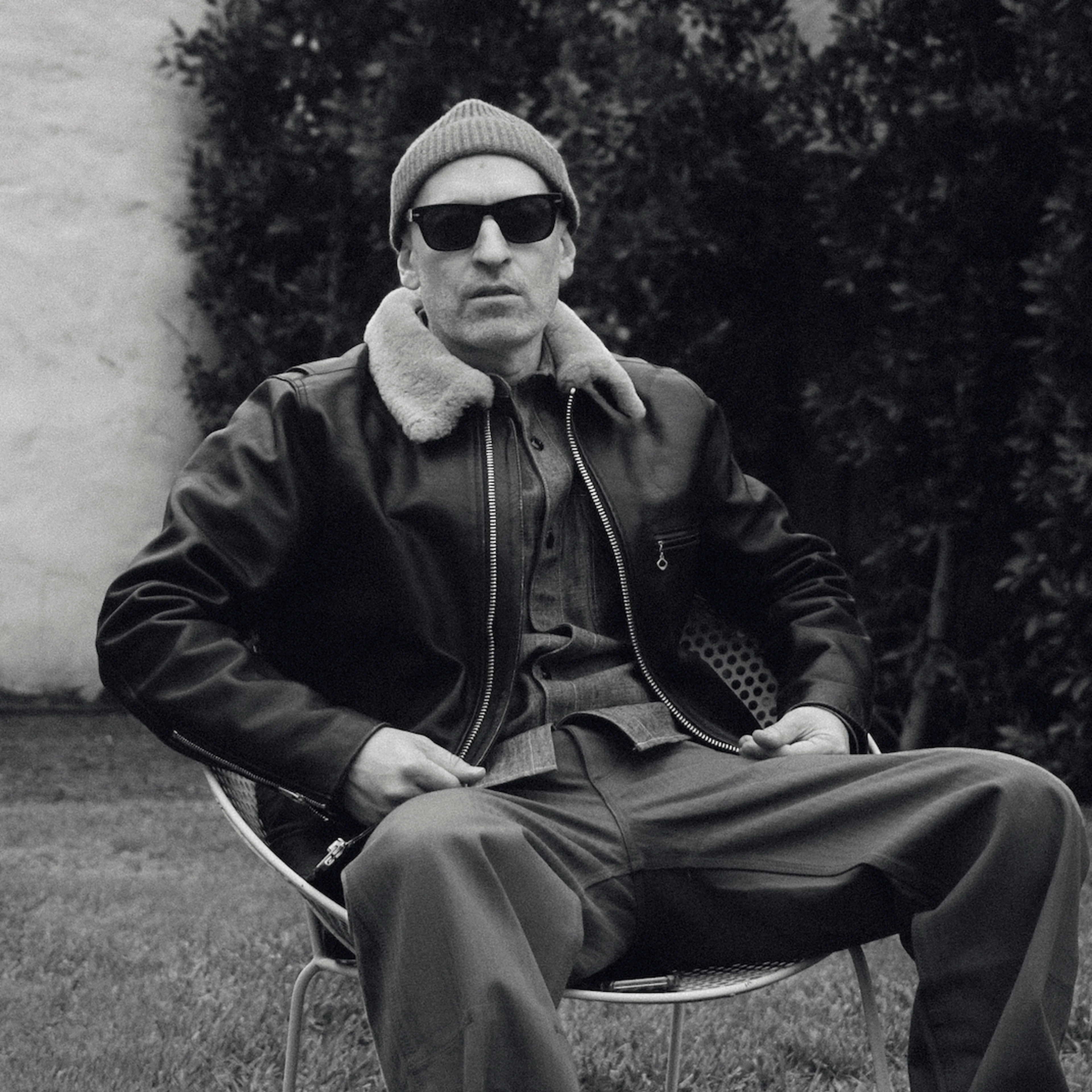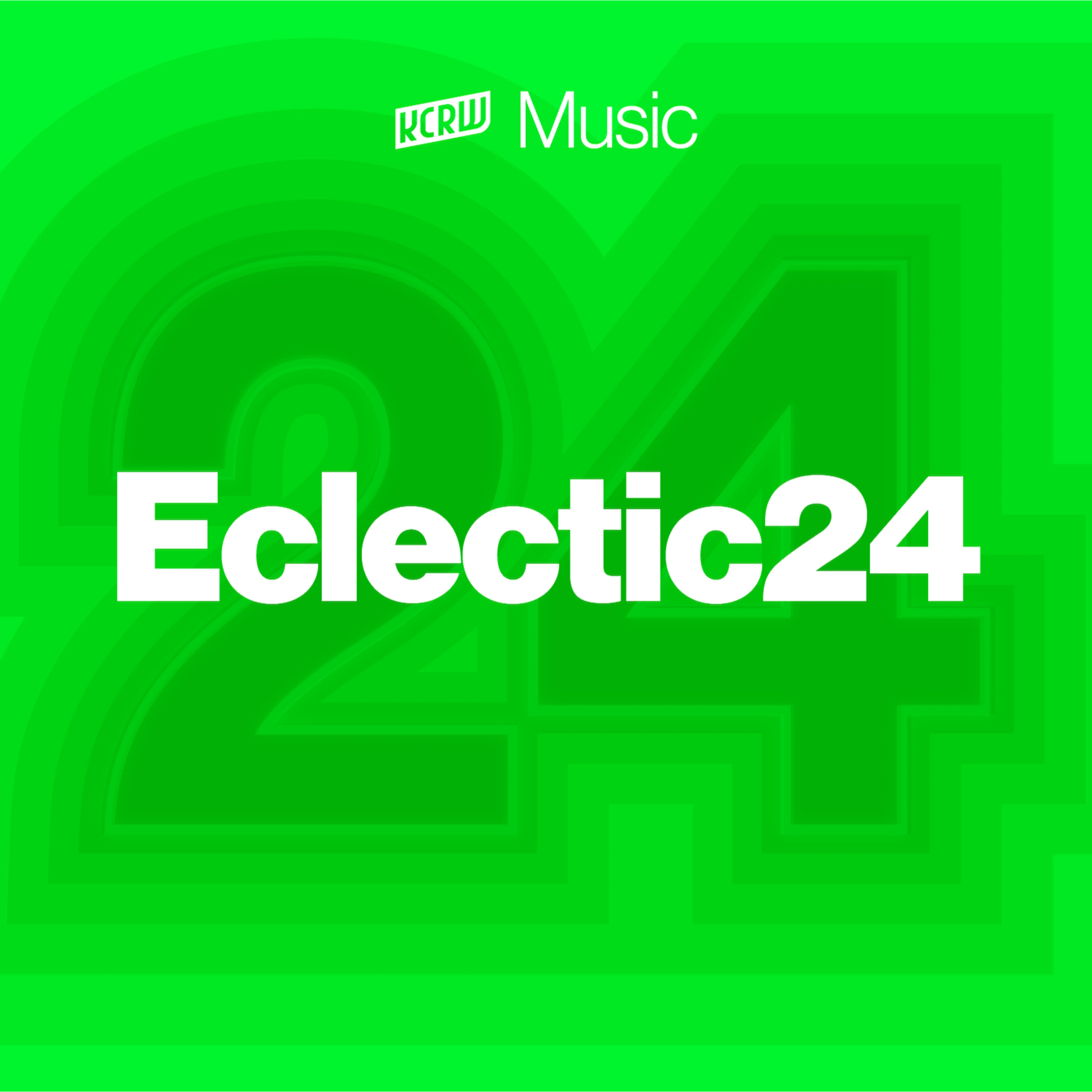Daniel Avery: KCRW Guest Mix
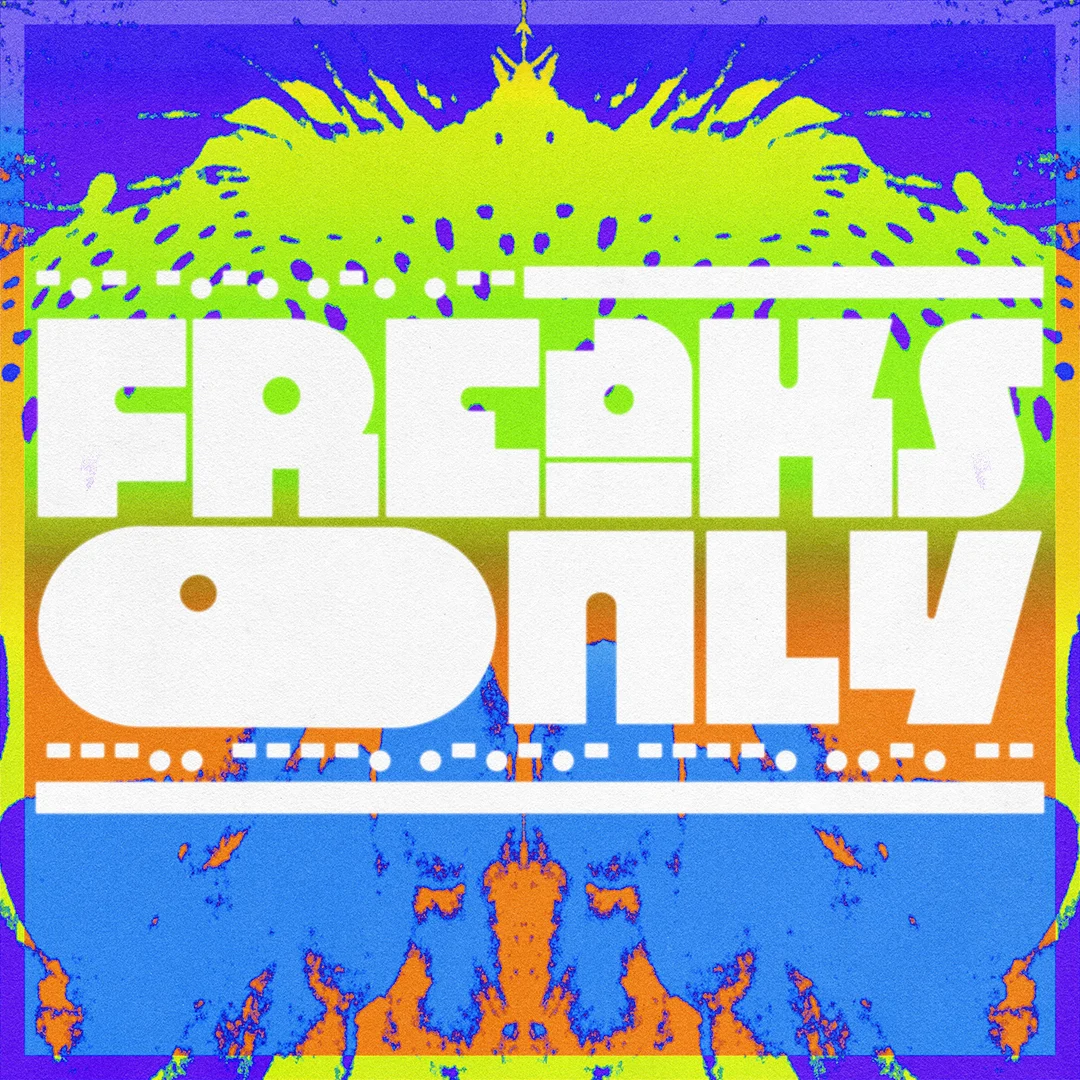
By the time his debut album, Drone Logic, dropped in 2013, Daniel Avery had already become a pretty big deal. It was only the year before that he began releasing music under his own name (previously putting out music under the pseudonym Stopmakingme), and Avery ended up putting out a half dozen EPs, with sounds custom tailored for dance floor destruction. Acid house, melodic techno, big beat — Avery was out of the gate with a knack for synthesizing it all into a sound all his own.
Now, a decade removed from his debut LP, the UK producer-DJ's sound continues to evolve and expand. His most recent full length, Ultra Truth, released in late 2022, showcases Avery’s expanding eclecticism, bouncing between drum ‘n’ bass, trip-hop, and ambient, weaving their disparate textures into a cohesive fabric. Melancholic and melodic, Ultra Truth slots stylistically somewhere between My Bloody Valentine and Aphex Twin. It’s a record that unspools like a slow-paced film that rewards you if you allow yourself to sink into its world. The LP's cinematic journey demands to be heard front to back, no pauses. You can thank me later.
More: Guest Mix: Brooklyn’s AceMoMA write underground dance music’s next chapter
In true form, Avery's got some more sonic excavations in store, taking us on a long, strange trip into a psilocybin-dipped psychedelic chug of a mix that he's prepared exclusively for FREAKS ONLY (alongside a nice chat).
He joins us to talk about breaking stagnation, collaborating with Alessandro Cortini of Nine Inch Nails, lockdown epiphanies, and why Ultra Truth is "the record I’ve had in my mind ever since I began making music in my bedroom as a kid." Hit play for deliciously dosed vibes, and dive into the full conversation below.

Photo by Steve Gullick
KCRW: Looking back on your ten-plus years of releasing music, do you have any personal favorites of your own work?
Daniel Avery: Every release feels like a distinct memory to me — they only could have been made at that specific point in time. In that way, they all feel equally important.
Do you have a favorite piece of equipment? If so, what makes it your favorite?
I’m constantly changing what I use in the studio. Above everything else, I’m most interested in the spaces where old machines and new technologies interlock. That’s where the real magic happens. Saying that, I greatly prize my 808.
What effect, if any, did becoming a touring DJ have on your productions?
This is far from a unique or new story, but everything changed when I became a touring artist. I made Drone Logic with no eyes on me, no expectations, and no time constraints. When that record caught fire, I became an international DJ almost overnight, and it was confusing. I started to define myself in that way. I was playing techno in bigger and bigger rooms, yet I couldn’t make a techno record of my own to save my life.
I would leave the studio most days completely disheartened. Add this onto the clichéd pitfalls of touring, and it gives a good explanation of why my second album took five years to arrive. The way I eventually broke the stagnation was to start focusing on what I could offer as an artist, rather than getting stuck on what I couldn’t. That changed everything. Song For Alpha became a record about longing for the quiet spaces in between a frenetic life on the road. In some ways, everything I’ve made since contains an element of that thought process.
Can you take us through your thoughts on the day you were asked to open for Nine Inch Nails on tour? How did you approach those gigs?
Nine Inch Nails are one of my favorite bands of all time, so the entire tour felt like a dream state. Those shows were my first steps into the live show. I made a lot of music specifically for the tour, as I knew I’d be opening up these beautiful seated theaters. A recording of one of the sets exists online somewhere.
Was your relationship with collaborator Alessandro Cortini established on that tour?
No, we had almost finished our record by this point. We had a day off together in New York where we put all the tracks we had on the table and realized we had an album’s worth. We decided on the track order and Illusion Of Time was done. I adore that record.
Can you talk about any lessons learned from working with him?
I learned some huge lessons from Alessandro, the main one being that music has a soul of its own; we are only the conduits for it. By this, I mean that it cannot be forced. You have to give music its own space for it to fully reveal itself. It was this new mindset that helped me finish Song For Alpha, and I haven’t looked back since.
More: Guest Mix: Panda Bear and Sonic Boom share inspirations for their collaborative album ‘Reset’
Love + Light and Together In Static were both released during the peak of COVID lockdowns in 2020 and 2021, respectively. Did you feel a creative surge during that period, or were these projects already in the works?
A few demos already existed, but I consider those two albums to be truly lockdown records. I feel it’s common for touring artists to hold an eternal fear that their world could stop turning, and then in 2020, it did. Once the dust had settled, I realized I was still a whole person and that, more so than anything else in my career, creating music is what makes me happy. That’s what these two albums signify for me: a light in the darkness. They’re a time capsule of that period and they helped me through it. It’s been heartening to read many messages saying similar things.
Can you talk a little bit about the late DJ-producer Andrew Weatherall's impact on your career, and specifically on the sound of Ultra Truth (specifically "Lone Swordsman")?
Andrew’s patronage helped me out in the very early stages of my career, but I feel it’s important to say he would likely have balked at the idea of being a mentor — he simply led by example. Do whatever the fuck you want to do, don’t listen to outside forces, don’t chase trends, and simply maintain your own unique style in whatever genre comes naturally to you in that moment: That’s the lesson for me.
Ultra Truth feels more sonically expansive than any of your previous releases. Do you agree with that statement? If so, to what do you attributable that?
In many ways, this is the record I’ve had in my mind ever since I began making music in my bedroom as a kid. It occupies two decades’ worth of thoughts, memories, dreams, and ideas. It’s extremely personal and expansive at the same. It’s my favorite thing I’ve ever made, that’s for sure.
What is the ideal listening environment for your latest album, Ultra Truth?
Headphones. The cave of your own soul. No question.
Were there any lessons or production tricks that you picked up during Ultra Truth that you didn't know before that you might apply to future work?
There’s rarely a thing as too much distortion.
When you're in studio mode, do you know when a record is finished?
I believe so, but I couldn’t define it. It simply feels done. I wish I had a better answer, but you always know.
Are there any career or life goals that you hope to achieve in the next ten years?
To still be doing this in ten years, in whatever form that takes. I feel like I’m only just getting warmed up.
Show Credits
Continue Listening
See AllMore Shows
Morning Becomes Eclectic
Novena Carmel hosts KCRW’s signature music program — defying format since 1977.Resident DJ
Polo & Pan drop original mixes just for KCRW. Every Friday in February.
Jason Bentley's Metropolis
Capturing the hypnotic pulse of modern city life.Peanut Butter Wolf
Peanut Butter Wolf digs through his crates of over 50,000 records, as well as digital crates of tons of unreleased music, to favor the underdog.Eclectic24
KCRW's all-music channel blending the collected talents and tastes of all KCRW's DJs into a single voice streaming 24 hours a day.

